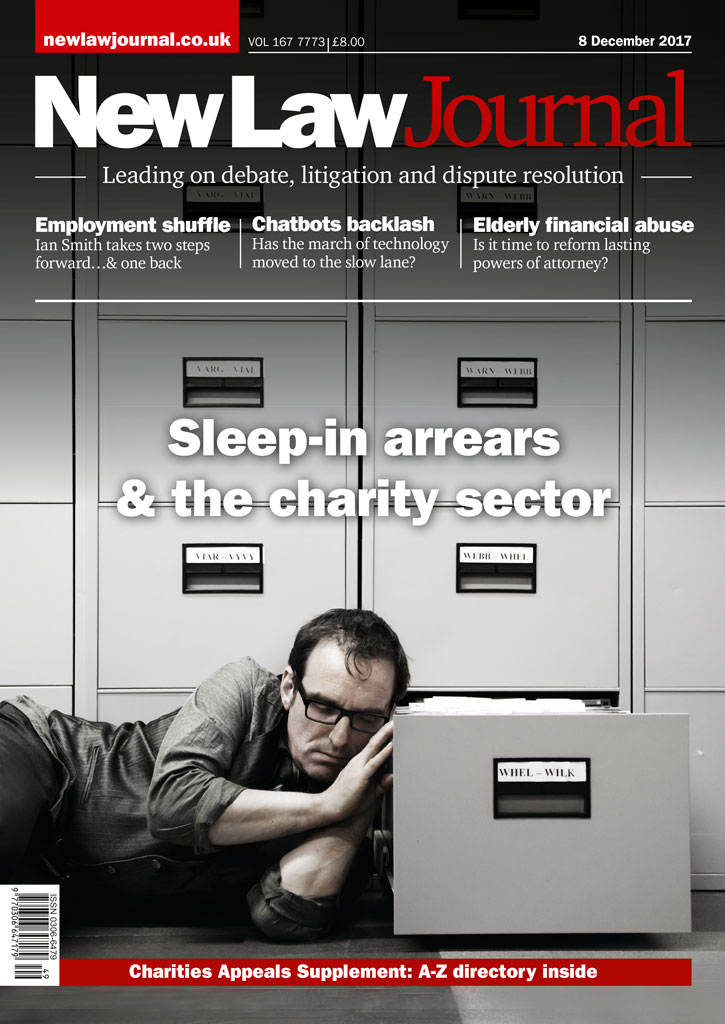
Aspiring social justice lawyers have an opportunity to qualify & build lasting careers, as Matthew Smerdon explains
Social welfare law, the ‘law of everyday life’, which covers everything from welfare benefits, debt, housing, employment, community care, and immigration and asylum, may not be the most financially rewarding area of practice to some wannabe lawyers, but it remains a crucial element of the UK’s legal sector with a vital role to play in supporting people to secure their rights.
Following passage of the Legal Aid, Sentencing and Punishment of Offenders Act 2012 and wider reductions in local authority support, the Legal Education Foundation (TLEF) became concerned about the funding pressures on the legal aid and advice sectors, reducing the ability of those with legal problems to obtain help. Alongside this was the virtual collapse in the ability of the sector to offer training contracts.
With a lack of public funds squeezing law centres and private practice law firms TLEF looked to create a scheme that would help aspiring social justice lawyers qualify and build sustainable careers in this





.tmb-mov69x69.jpg?sfvrsn=961ae4db_1)
95ca96e3d47f4eff8d147c4f0df17c77.tmb-mov69x69.png?sfvrsn=3db5d86b_1)

